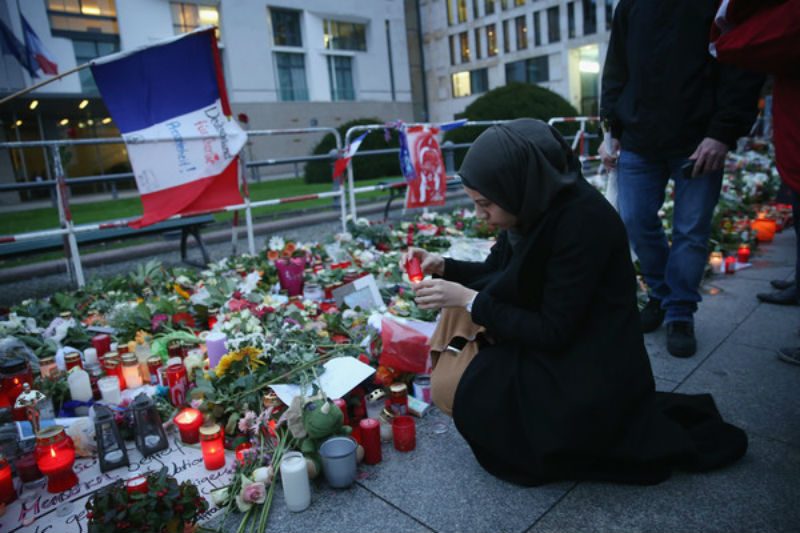Global pandemic of fear has us forgetting we are all in this together.
In light of terrorist attacks, political statements, social stigmas, and a global pandemic of fear, it’s important to discuss the importance of not judging an entire group of people based on the actions of a few.
As LGBTs, we have fought diligently to be seen as human beings, as people no different from our heterosexual counterparts. Bigotry has played a huge role in the history of our community; we greatly understand what it means to be judged as an entire community, rather than as the people we are.
As minorities, we have been enslaved, mocked, treated as property, denied rights, dismissed, disregarded, disrespected, and dehumanized. People of colour have long struggled to be seen as human, to be seen as equal to Caucasians. How many times have we heard blanket statements about all Asians, or all black people, or…?
The reality is that the current political climate is a hot and dangerous one. International tension is at a record-breaking level. Countries are at the ready for another world war. Barriers are being put between “us” and “them.” But who are we and who are they?
Most people would tell you the division lies in religion. “We” are non-Muslims. “They” are Muslims. Seems easy enough; it’s certainly clear-cut.
The problem lies in the fact that the majority of Muslims are not terrorists. They do not condone nor act in ways akin to these murderous monsters we’ve been reading about. Dean Obeidallah wrote a perfectly poignant piece on this for thedealybeast.com on November sixteenth. His perspective as a journalist and a Muslim gives great clarity on the issue. He explains the politics behind some of the ISIS attacks, the differences between ISIS and (non-radical) Muslims, and the effects and impact ISIS has on the Muslim community. His article can be read here.
These are dark and frightening times.
It seems as though no place – and no person – is safe. Terrorist attacks are an international issue. We need to be aware of who the real enemy is, and who they are not. Who they are: radical terrorists, misrepresenting the Islamic religion. Who they are not: The Muslims you see walking down the street in New York City. ISIS has made it clear that one of their main objectives is to isolate Muslims and to turn the world against them. The last thing we can do is give them that satisfaction. They are the enemy, not the entire Islamic community.
We all know that skin colour, gender, orientation, and even religion are only pieces to our larger identities as human beings. In a time where it’s all too easy to make blanket statements about Muslims, it’s important to remember that we’re all in this together.
